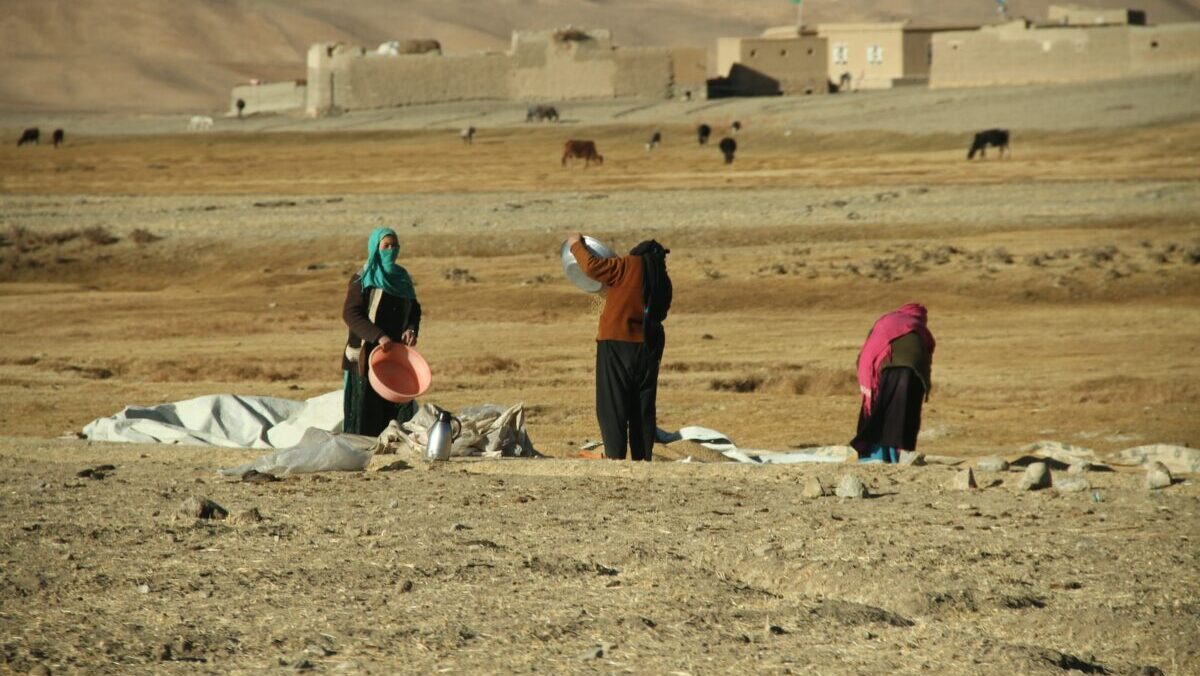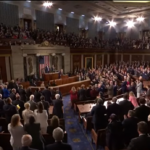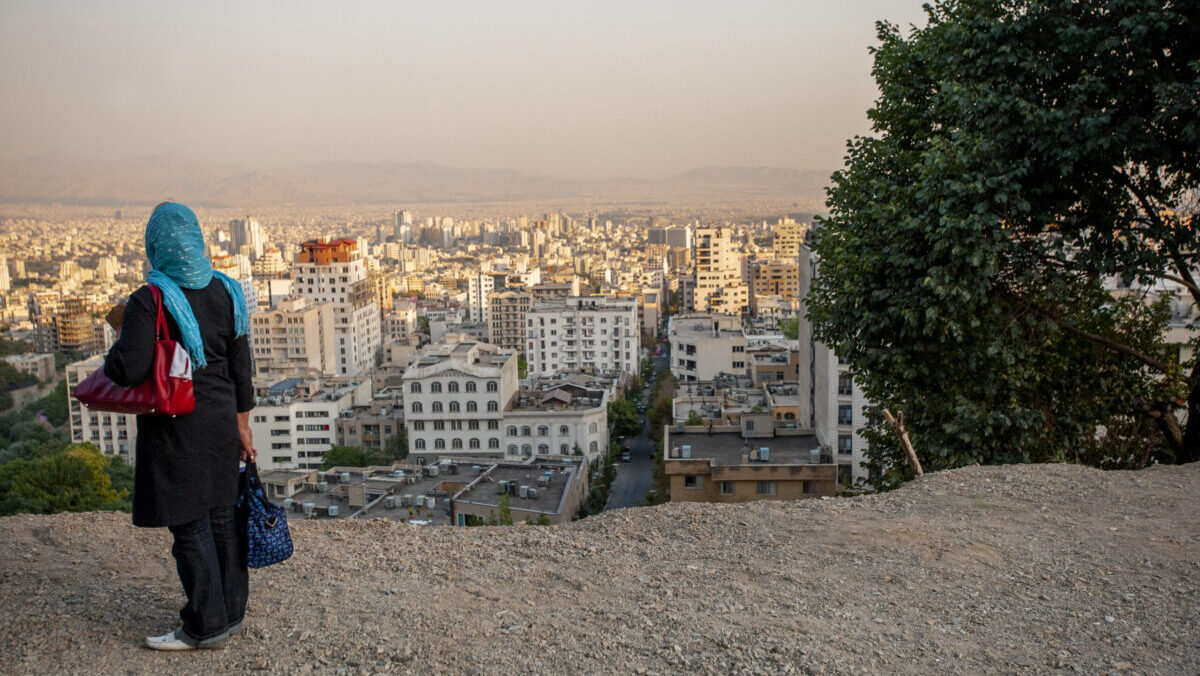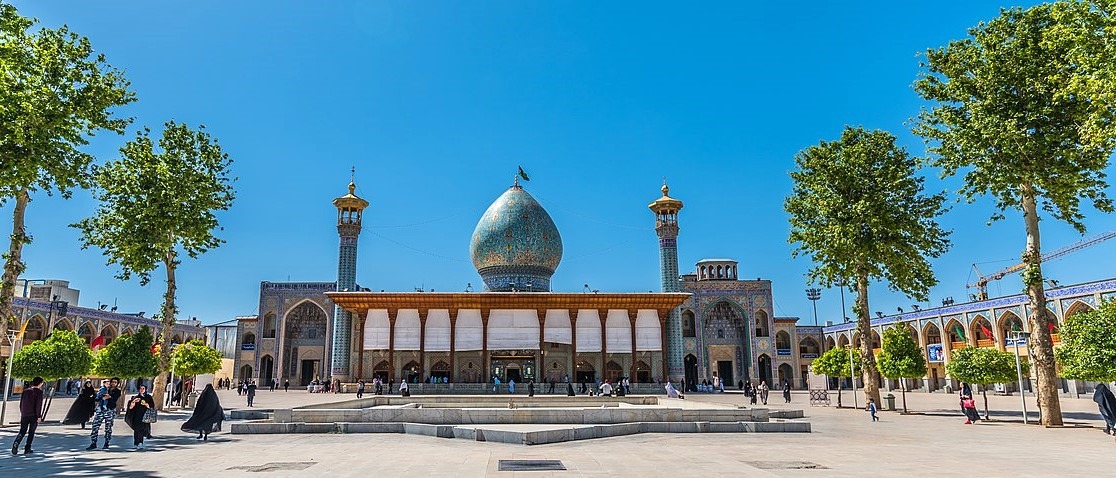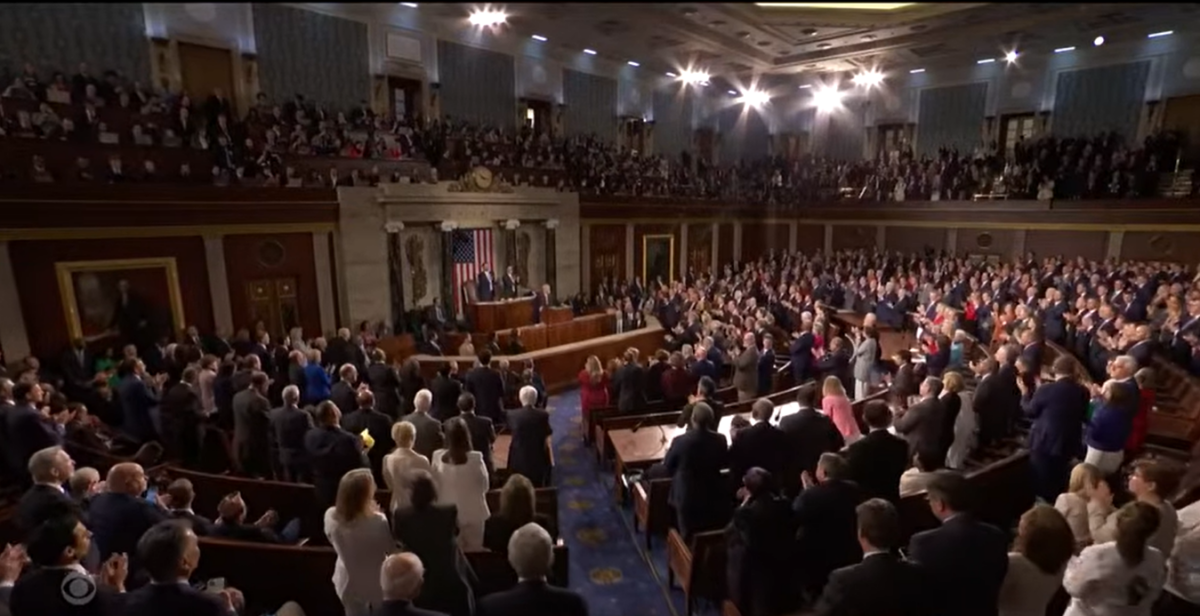Religious freedom in Afghanistan has deteriorated since the Taliban seized control two years ago, and Afghan women have suffered most, a report from the U.S. Commission on International Religious Freedom stated.
The report, “Issue Update: Religious Freedom and Women’s Rights in Afghanistan,” said all Afghans have seen their religious freedom restricted by the Taliban’s edicts, decrees and circular letters, but “those restrictions have disproportionately impacted women.”
“Despite attempts to project a more moderate stance, they have imposed a strict interpretation of Islamic law that purposefully undermines the rights of women and religious and ethnic minorities,” the report stated.
Ruled by strict Sunni reading of Shari’a
Afghanistan’s government no longer recognizes the legitimacy of its 2004 constitution, because the Taliban view it as “insufficiently” Islamic.
“In the absence of a formal written constitution, the Taliban have repeatedly professed that Shari’a and the Qur’an are the basis for law in the country,” the report stated.
Supreme Leader Mullah Hibatullah Akhundzada is Afghanistan’s highest authority for issuing decrees and edicts, based on a strict Sunni interpretation of Islamic law.
A law passed in July replaced the Office of the State Secretary General with the Directorate General of Supervision and Pursuit of Decrees. The same law gave the supreme leader total authority to oversee the implementation of rules, laws and decrees.
When the Taliban came to power in August 2021, it claimed Afghan women would retain their rights “within the bounds of Islamic law.”
However, more than half of the 80 religious edicts issued since then directly restrict the rights of women and girls. Edicts include bans on education, employment and freedom of movement, the report stated. A decree also barred women from driving motor vehicles.
Punished
In September 2021, the Taliban replaced the Ministry of Women’s Affairs with the Ministry for Propagation of Virtue and Prevention of Vice, which enforces punishment for “un-Islamic” behavior.
“The action allowed the Taliban to enforce regulations on women in society without their participation or input,” the report stated.
In addition to enforcing restrictions on how women dress, the law also has resulted in the arbitrary arrest of women for “moral crimes,” such as participating in public protests.
Since the Taliban came to power, women have not been allowed to attend school in classes with male students or male teachers. They are barred from studying certain subjects, such as journalism, law, agriculture and the sciences.
In testimony presented to the U.S. Commission on International Religious Freedom at a hearing one year ago, Fereshta Abbasi of Human Rights Watch stated nearly all of the rules and policies implemented in Afghanistan since the Taliban came to power “severely restrict Afghans’ basic human rights, and in particular the rights of women and girls.”
“There is no other country in the world where women face such sweeping violations of their basic human rights,” Abbasi said.
To read full report, click here.
EDITOR’S NOTE — This story was written by Ken Camp and originally published by Baptist Standard.

